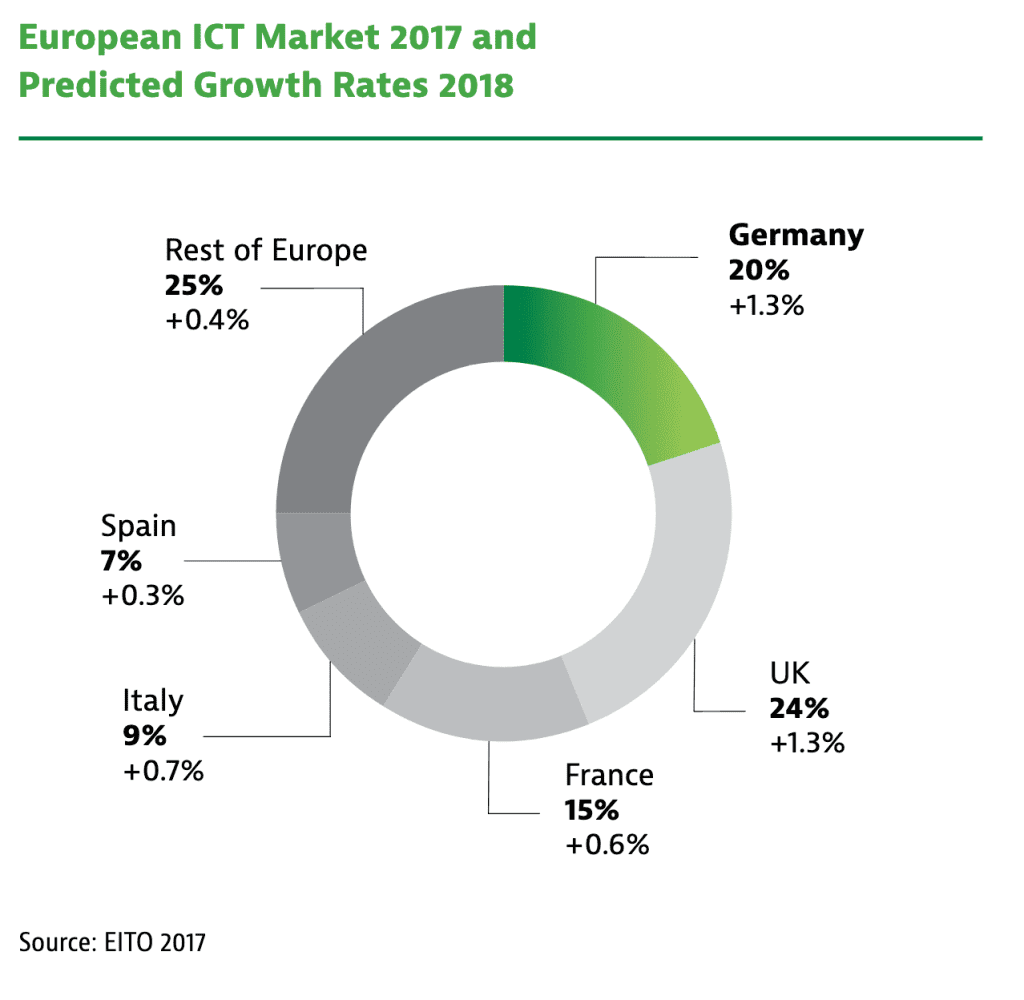The German government has swelled its 2019 funding for artficial intelligence (AI) to €500 million and promised a further €500 million in 2020. The country wants to ensure advanced analytics and automation tools are in the hands of it entire industrial sector, it said.
Peter Altmaier, Germany’s minister for the economy and energy, said: “With AI, we have to be quicker in getting from research to application. It’s crucial that small and medium sized enterprises use and apply AI.”
Germany had previously set its 2019 funding limit for AI at €140 million. The expanded €500 million fund will see about €230 million go on the “practical application” of AI, €190 million go into research, and €50 million go into “social dialogue and predicting the consequences” of AI-based technologies.
Robert Herrmann, chief technology officer at Germany Trade & Invest, the country’s economic development agency, said: “The addition funds represent a quantum leap in the German government’s engagement with AI. And that opens up opportunities for business and investment.”
Germany made its first moves in the international AI arms race at the end of 2018, with state support for tech start-ups, a ‘JEDI’ innovation network with France (see below), and backing for a ‘Cyber Valley’ set-up from industrial giants including BMW, Daimler, Porsche, and Bosch.
The government announced it will create a new state innovation agency to support tech start-ups and research in the fields of AI, mobility, and medical research. The agency will provide longer-term support to innovators, so projects are not scuppered before realising their potential, said Germany Trade & Invest.
Germany is at the centre of Europe’s new front in research and development of AI, which is envisioned by international governments as a key enabler in economic transformation. The UK and France made moves through last year, and the European Commission, representing European member states, has pushed for more funding for AI too.
The country wants to be the leading venue in Europe for digital growth. Last month, it ranked second to the US as a potential country to work in for the world’s digital experts, according to a study by Boston Consulting Group and job platform The Network. The study surveyed 27,000 experts in AI, data mining and app development.

Berlin was deemed the third-best city to work in after London and New York. Munich was also highly rated. Germany, which ranked fourth in the 2014 version of the survey, leapfrogged the UK and Canada this time around, in part due to fears connected with Brexit.
The Germany ICT market, the fifth largest in the world and the second largest in Europe, recorded turnover of €160 billion in 2017. Growth in 2018 is expected to be 1.3 per cent
German company Siemens committed €600 million to its site in Spandau, in Berlin, in late 2018. The investment, named ‘Siemensstadt 2.0,’ covers an area of 70 hectares. It will establish Siemensstadt as an innovation centre, home to start-up incubators and researchinstitutes, said Germany Trade & Invest.
Siemens’ existing property in Spandau will be converted into a technology park by 2030, said Siemens.
Cedrik Neike, a Siemens board member, commented: “The new Siemensstadt creates a new ecosystem to work, research, live and learn for all within one location. It combines top-level technology with new working worlds and creates a district with room for development and advance. This taps into the ideas of Werner von Siemens and transports them into the future.”

